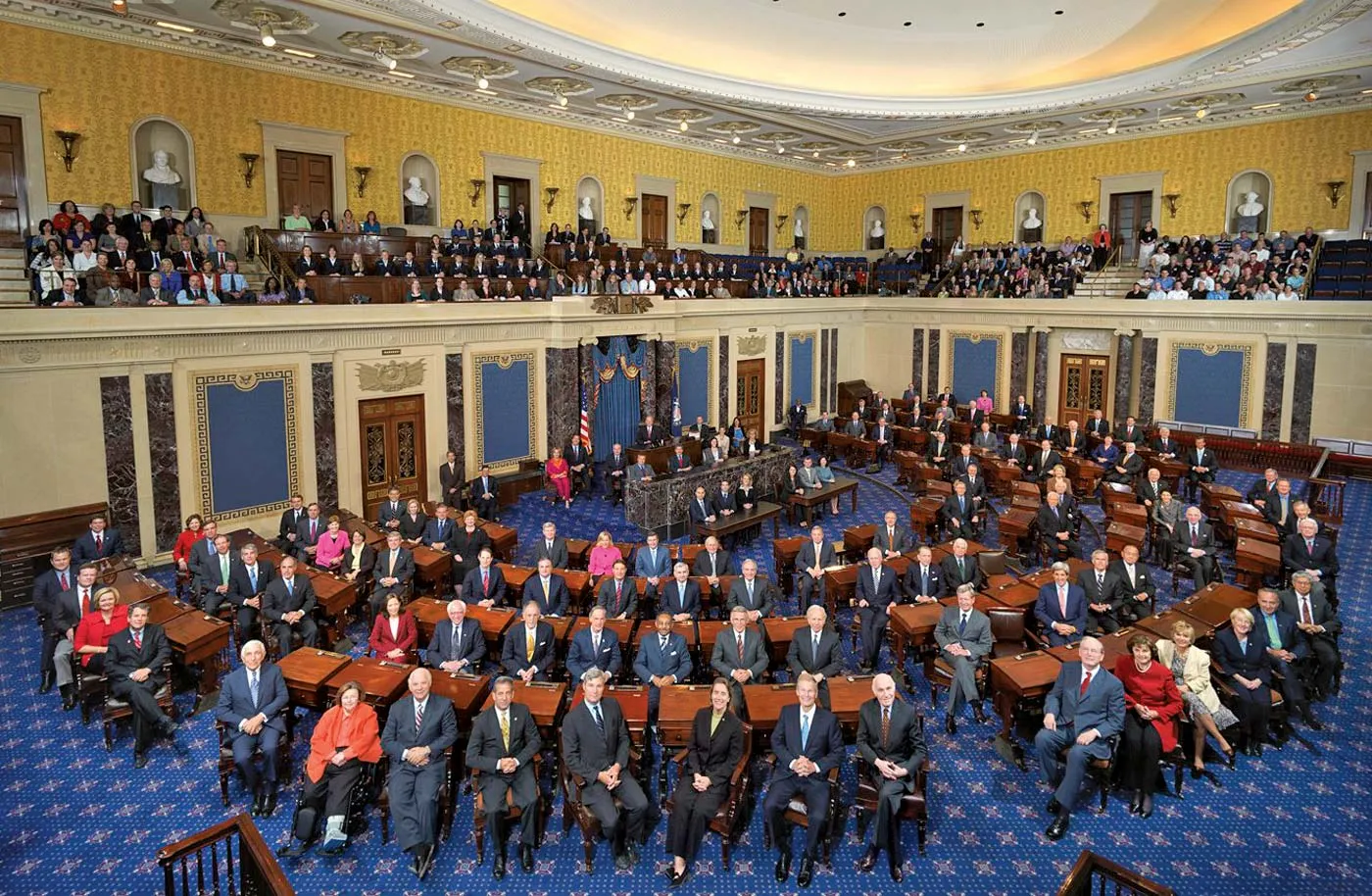In a significant move to combat climate change, the United States Senate has approved a comprehensive climate package, marking the largest federal investment in environmental initiatives to date. The legislation, known as the Inflation Reduction Act, allocates $700 billion toward various economic and environmental programs, with $369 billion specifically designated for climate action. This substantial funding aims to reduce U.S. greenhouse gas emissions by approximately 40% by 2030, compared to 2005 levels.
A central component of the package is a decade-long series of consumer tax credits designed to make clean energy technologies more accessible. These incentives will subsidize the purchase of heat pumps, solar panels, and electric heating, ventilation, and air conditioning systems. Additionally, households can receive up to $7,500 in tax credits for new clean vehicles and $4,000 for used ones, promoting the adoption of electric vehicles across the nation.
The legislation also includes approximately $30 billion in grants and loans for states and electric utilities to expedite the transition to clean electricity. Over $20 billion is allocated to support climate-smart agricultural practices, encouraging sustainable farming methods that reduce environmental impact. Furthermore, the package invests more than $60 billion in domestic clean energy manufacturing and dedicates an additional $60 billion to environmental justice initiatives, directing funds toward disadvantaged communities that are disproportionately affected by climate change.
The passage of this bill follows a series of state-level legislative actions aimed at addressing climate change. In California, Governor Gavin Newsom signed legislation requiring companies with annual revenues exceeding $1 billion to disclose their global CO2 emissions, including Scope 3 emissions, starting in 2026. This move is expected to impact approximately 5,300 companies operating in the state, holding them accountable for their environmental footprint.
Similarly, the New Mexico House of Representatives approved the Energy Transition Act, setting ambitious renewable energy standards. The act mandates that utilities source at least 50% of their electricity from renewable energy by 2030, 80% by 2040, and achieve 100% carbon-free electricity by 2045. This legislation underscores New Mexico’s commitment to transitioning away from fossil fuels and embracing sustainable energy solutions.
Internationally, Brazil’s Senate passed a controversial bill easing environmental licensing requirements. The legislation allows small to mid-sized projects, such as dams and sanitation infrastructure, to proceed without approval from environmental agencies. While the bill has garnered support from the agribusiness sector and certain government officials, it has faced criticism from environmental groups and members of President Luiz Inacio Lula da Silva’s administration, who argue that it undermines environmental protections.
These legislative actions reflect a global trend toward implementing policies aimed at mitigating climate change and promoting sustainable development. While the specifics vary by region, the overarching goal remains consistent: to reduce greenhouse gas emissions, invest in renewable energy, and ensure a more sustainable future for all.











Leave a comment